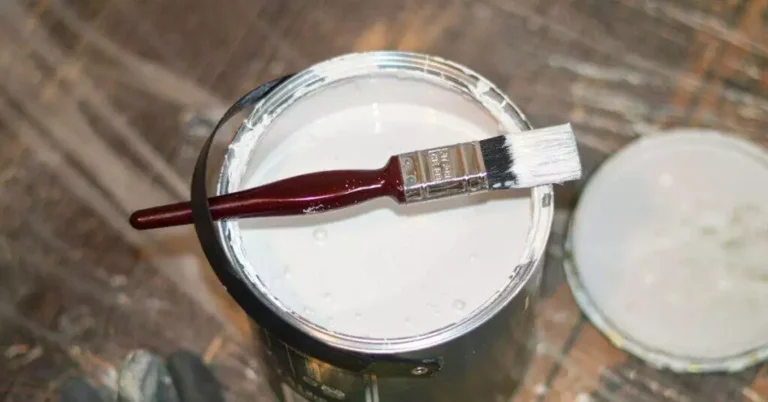Skipping Pillow Washes? Experts Say It Could Be Making You Sick
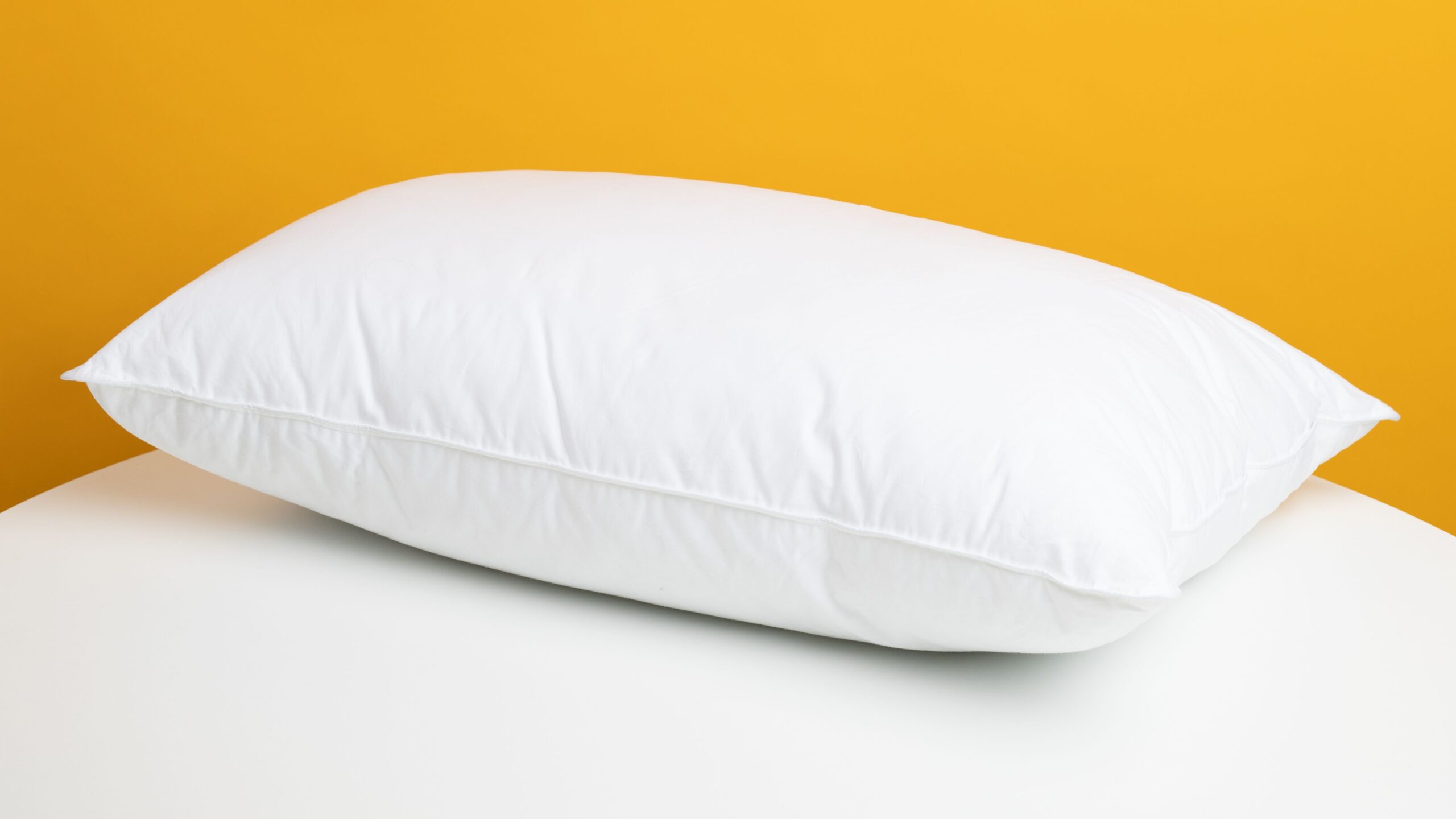
When it comes to taking care of our homes and keeping things clean, most of us are always on the lookout for shortcuts.
Let’s be honest — life gets hectic. Between work, errands, and everything else on our plates, deep cleaning once or twice a week just isn’t realistic for everyone. So, things get pushed back… and before you know it, the mess starts to pile up.
One thing we always neglect is the laundry.
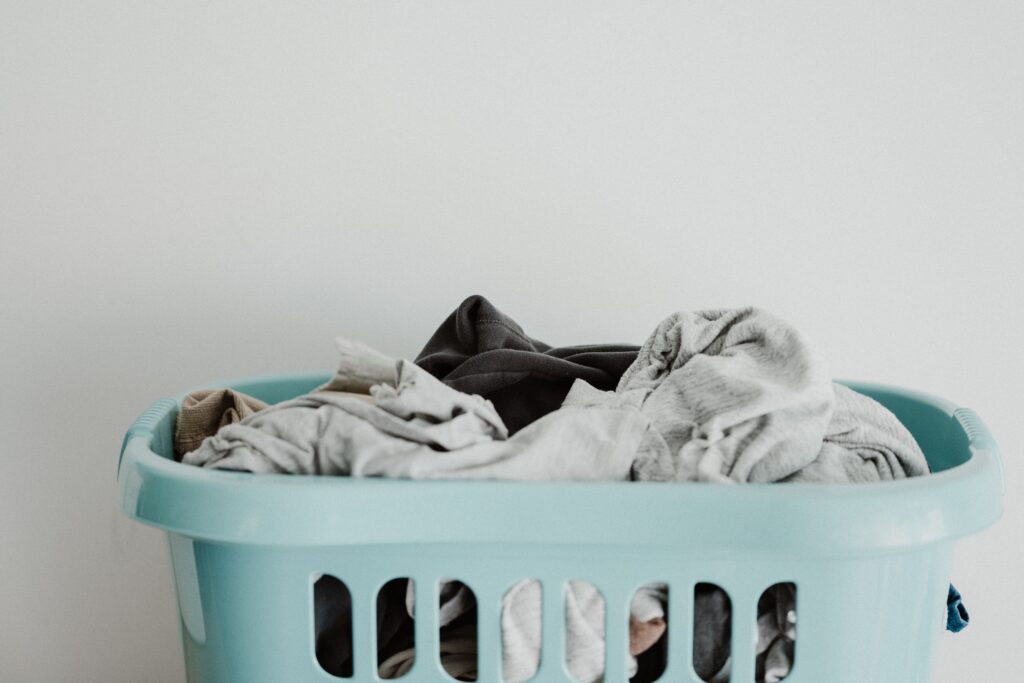
Laundry can eat up a big chunk of our day — especially when it’s time to strip the bed and wash all the sheets. It’s not that doing the laundry itself is super time-consuming, but having to stick around, wait for it to finish, and keep switching loads? Yeah, that part gets annoying fast.
Due to this, many people leave things for too long without getting washed.
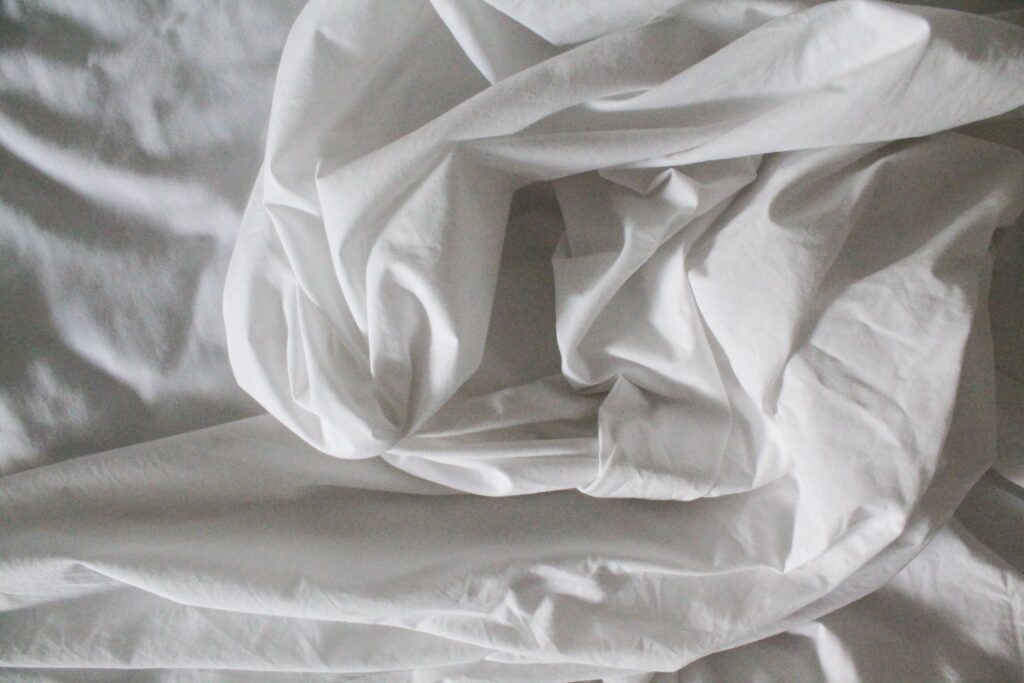
sheets and bedding can go way too long without a wash, especially when life gets busy. But here’s the thing: skipping out on cleaning them regularly isn’t just a little gross — it could actually be affecting your health. Yep, that unwashed bedding might be the reason you’ve been feeling under the weather.
A bed expert has opened up about the correlation between sheets and illness.
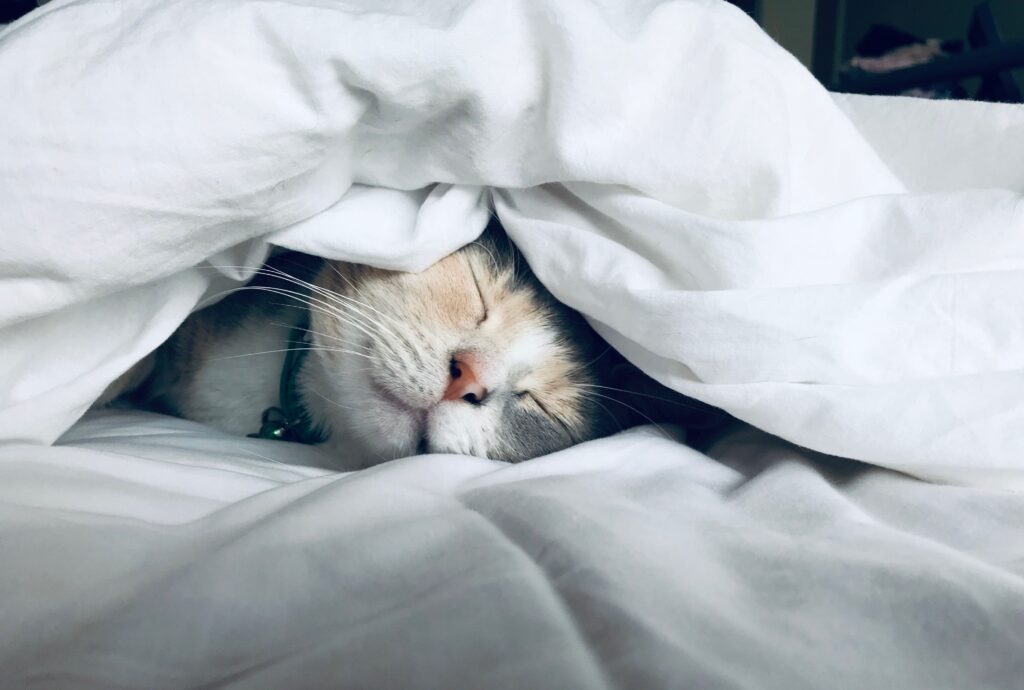
Malik Karman from Eachnight Mattresses recently pointed out something a lot of us are guilty of: not washing our sheets often enough. According to Karman, you should be tossing your sheets—especially your pillowcases—into the wash at least once a week.
Pillows can have a link to poor healthcare and issues.
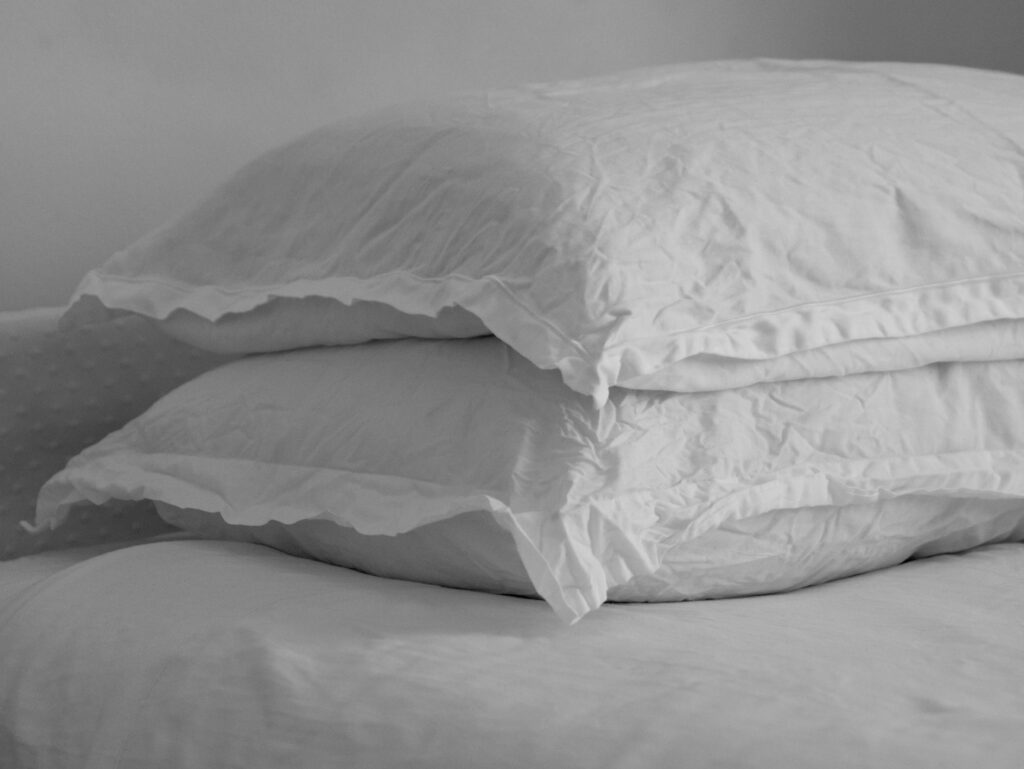
“Pillows absorb many things throughout the night, such as skin oils, sweat, dead cells, dust, and other allergens and irritants,” Karman shared . These irritants can have an impact on an individual’s overall health.
Pillowcases should get washed with sheets once a week.
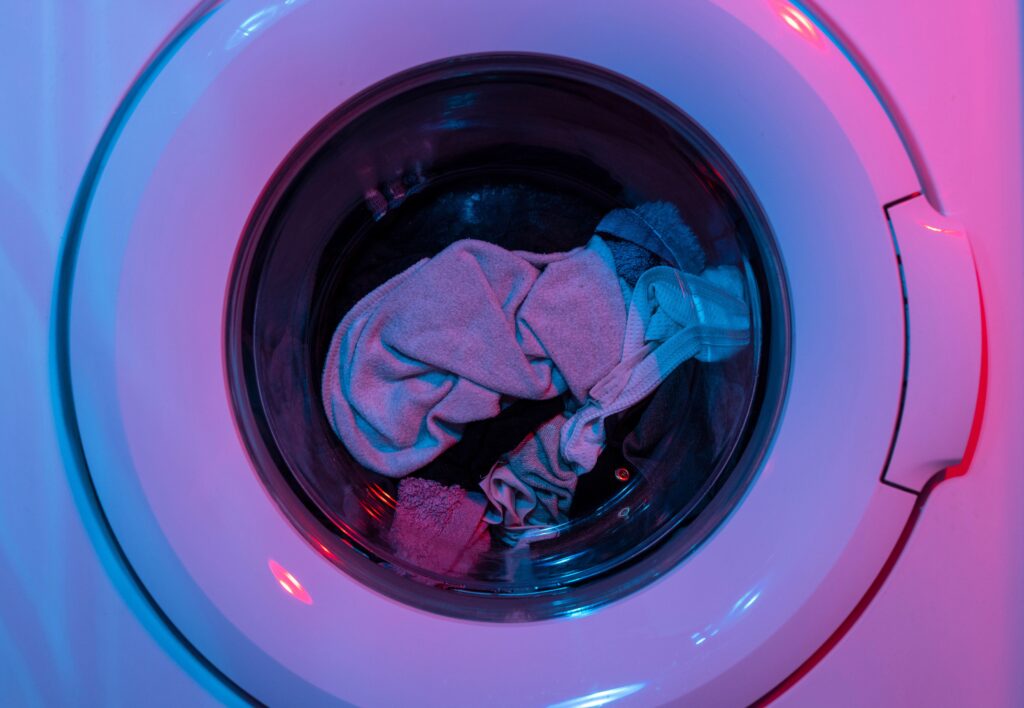
However, if you are someone with oily skin or hair, you can benefit from doubling up. Karman says that twice a week would be good if you are someone who sweats a lot, has greasy hair, or if you notice any other issues.
Washing your pillowcases can eliminate a lot of issues.
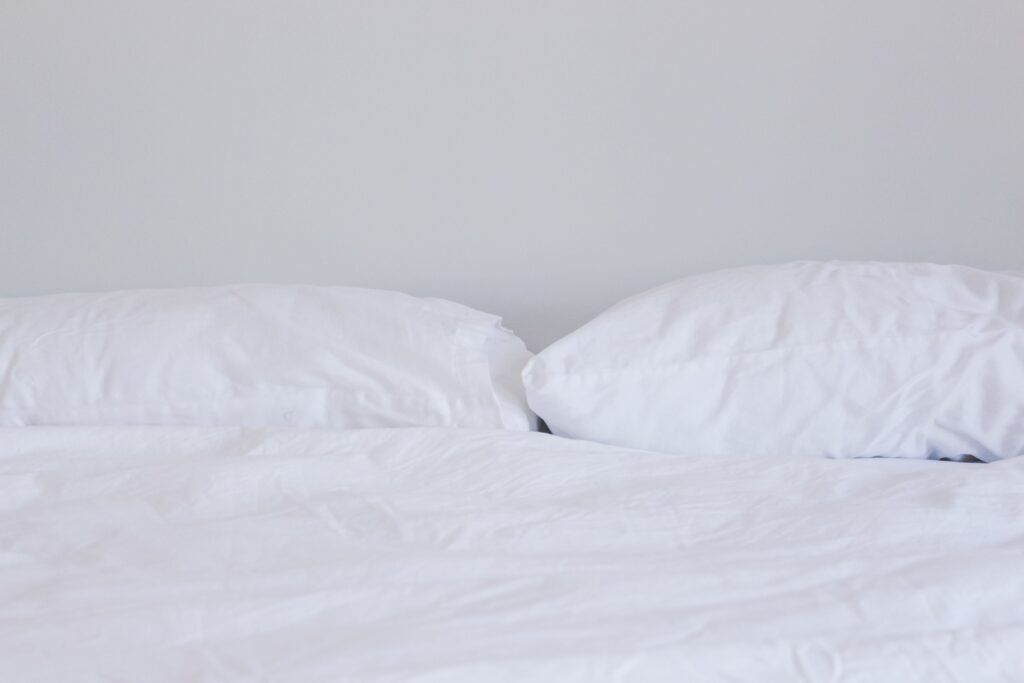
“Cleaning a pillowcase can eliminate skin oils and other allergens that collect in the fabric, ensuring the surface stays clean and comfortable,” Karman added . This can ensure that you are going to sleep without any worries of dirty and irritants.
Your pillows, however, can go on a bit longer.
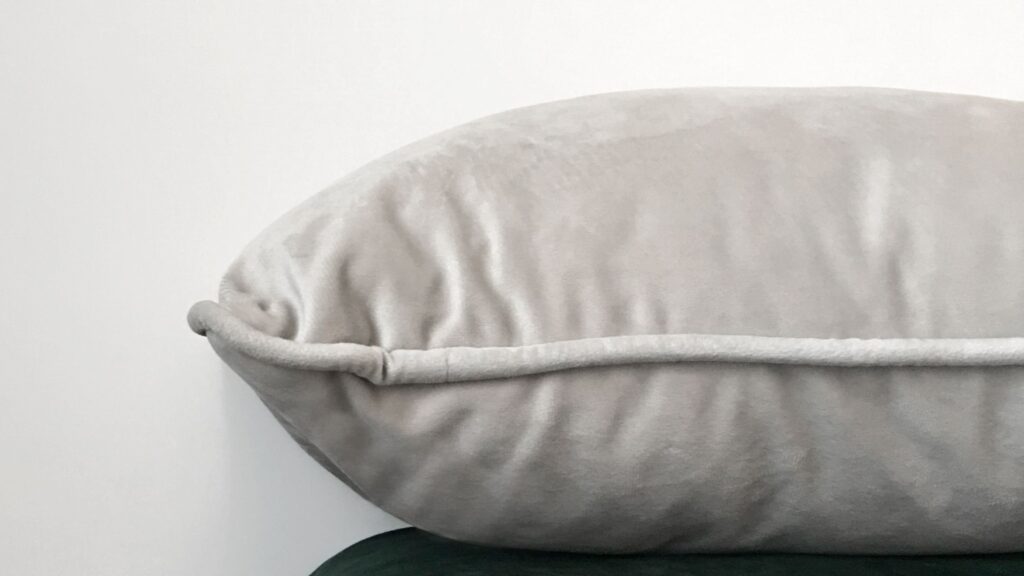
While it’s important to wash your pillowcases once or even twice a week, the actual pillow can go a little longer between washes. That said, a lot of people completely skip cleaning their pillows, assuming the case is doing all the work. But pillows collect sweat, oils, and allergens over time—so they definitely need some attention too.
You can go four to six months between pillow washes.
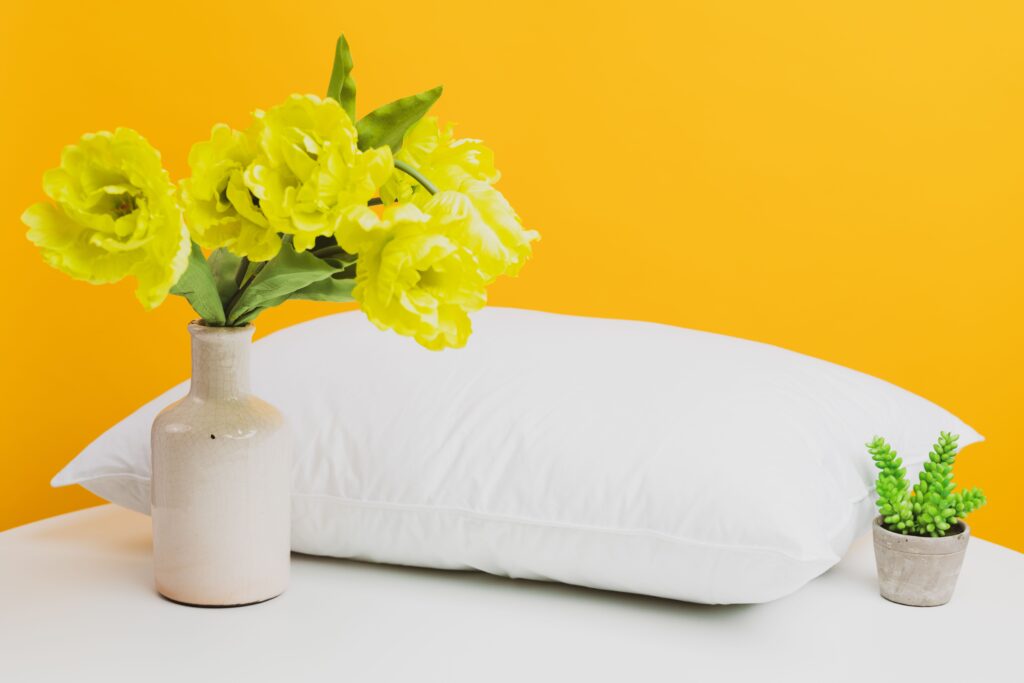
Before tossing your pillows into the washing machine, make sure to check the care tag and instructions first. The last thing you want is to accidentally ruin your favorite, perfectly broken-in pillows by washing them the wrong way.
When you wash your pillows, add tennis balls into the machine.

Karman suggests tossing a couple of tennis balls into the washing machine—or using laundry balls you can easily find on Amazon or in stores—to help keep your pillows nice and fluffy. It’s a simple trick that can make a big difference in how comfortable they stay after a wash.
You can also replace pillows, as well.
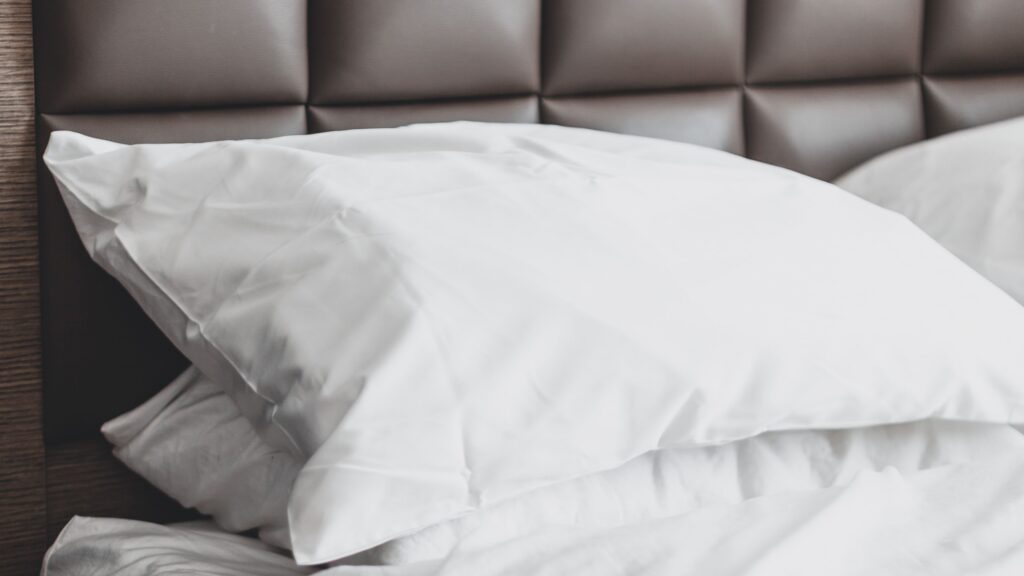
If you tend to sweat a lot at night and notice your pillows turning yellow or brown, it might be time to replace them. Sweat can trap bacteria inside the pillow over time, which not only affects cleanliness but can also increase your risk of getting sick.
So next time you clean, don’t skip the pillows.

Even if you decide to skip dusting or sweeping this week, try not to push off washing your sheets and pillowcases. Letting that laundry pile up can lead to bigger issues—like getting sick or feeling run-down. Clean bedding really does make a difference.

